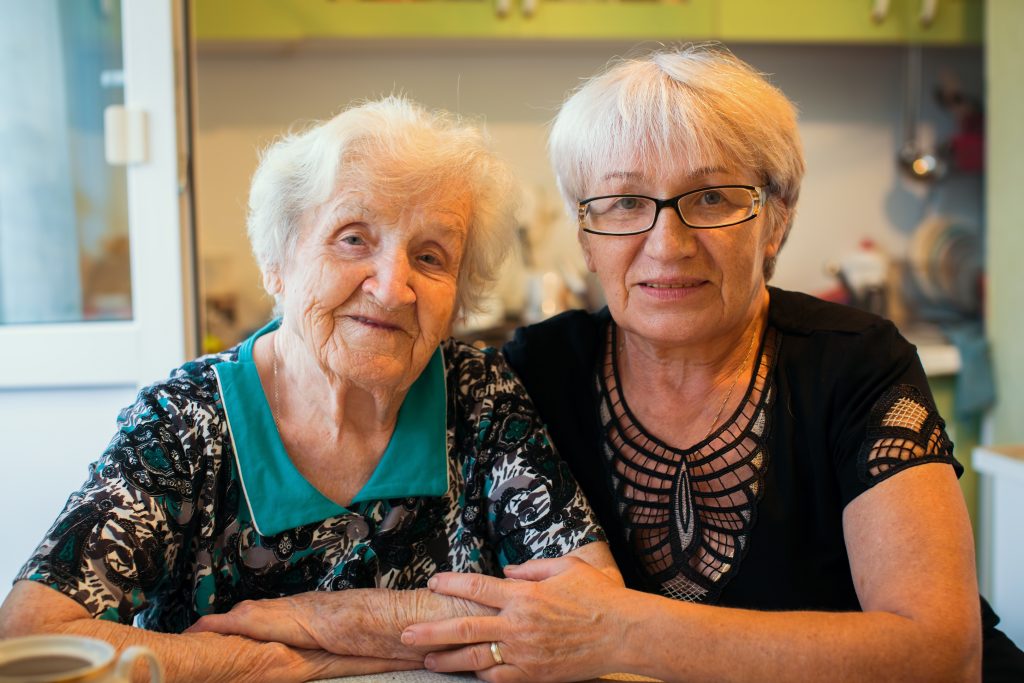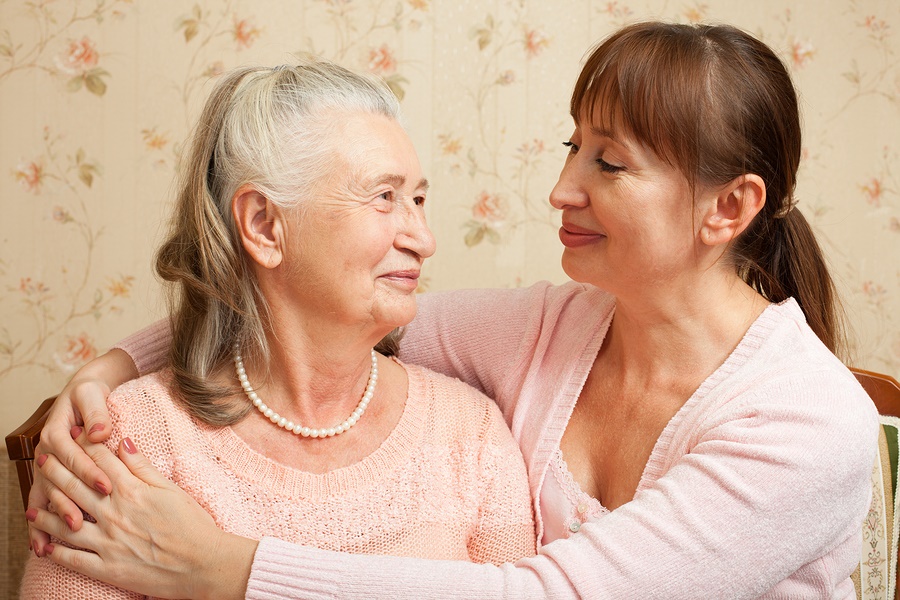Our Decision Guide is designed to help answer questions you may have when considering a move to a senior living community. It is also intended to help you communicate openly with your family and friends. The questions and information below provide a useful way to affirm your decision and to begin discussions with others about your future plans.
I feel like I will be giving up my independence if I move to a Retirement Community.
This is a very common thought as seniors start to consider their retirement options. Living in a community actually promotes one’s independence by offering services that allow you to save your energy for more enjoyable things. Imagine having your own chef, housekeeper and personal trainer, plus access to all of the other fine amenities available. Community amenities are designed to take the pressure off of you and allow much more time for hobbies, interests and new friends. Residents have actually said they feel more independent after moving to the community than they did in their own homes because they are free to enjoy life.
I’m afraid I won’t get to see my friends or do all the things I enjoy doing now. I don’t want to sit around all day and do nothing.
Moving to an independent apartment is living just like you are now; it’s just a change of address. Community life offers many amenities and social opportunities that promote friendships and purpose. You don’t need to give up anything you are doing now. Most people bring their interests, share them with others and even start to take on new things. Card games, book discussion groups, creative crafts and activities are just some of the things that will all be available to fill your day. Friends will love visiting you in your new home and are treated like part of the family by our friendly staff.
I heard we give all our money towards an entrance fee to get in there.
There is great value to a community that has an entrance fee. Once you qualify both medically and financially to live in an independent living apartment, you are taken care of for life. With all the apartments and care areas on one campus, transitioning to the next level of care is smooth and very supportive. The entrance fee may be 90% refundable or non-refundable depending on the financial program you select, however, all options offer an abundance of monetary savings as one’s needs change and more help is required. It’s security for your future and peace of mind for yourself and your family.
I have so much stuff to get rid of, a home to sell, where do I start?
This decision is a big one, there are a lot of steps in the process, but remember it’s a process! Let the experts help you through everything and break it down for you one item at a time. There are a number of resources and services to help ease the transition. At some point in time everyone has to go through downsizing, it isn’t easy but it can be simplified and organized. With age and health, the longer you wait the harder it will be, so get started. Remember many of the items in your home are already here waiting for you so you don’t need your treadmill or hundreds of books.
I’m healthy and I get by now, I don’t need that yet.
This is a risky way of thinking. It’s like saying I will only make a move if I have a health crisis. Yikes! Who is going to feel like moving then? Basically, when health has worsened, there is a burden put on someone else for support and decision making. By coming to a community healthy and of sound mind, you will get to choose where you want to enjoy your retirement years. You will be able to take advantage of all the wonderful amenities and friendly people. Statistics prove that community residents live healthier and longer lives because of the stimulating options and camaraderie of neighbors.

 Our Decision Guide is designed to help you make good decisions for your future or that of a loved one. There are many factors to consider — financial security, ongoing healthcare, and overall safety and well-being. Our guide offers many answers, however as you go through this process please feel free to contact us anytime should you require more information.
Our Decision Guide is designed to help you make good decisions for your future or that of a loved one. There are many factors to consider — financial security, ongoing healthcare, and overall safety and well-being. Our guide offers many answers, however as you go through this process please feel free to contact us anytime should you require more information.


